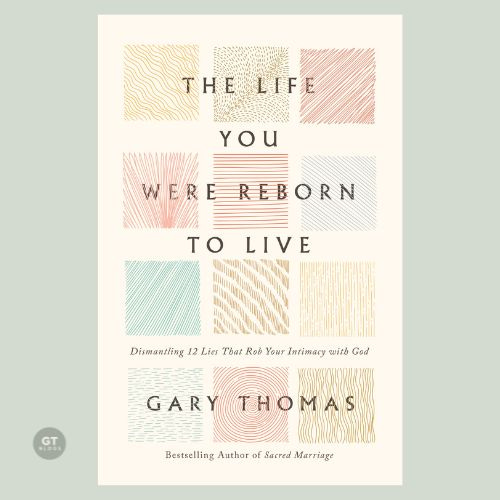One of the biggest lies I was told growing up defined the entire Gospel as Jesus came to earth as a man, died on the cross for my sins, and rose from the dead so that my sins could be forgiven and I could live with him in heaven." That statement contains many true facts, but it limits the full work and intent of Christ's life, death, and resurrection. C…
Keep reading with a 7-day free trial
Subscribe to Simply Sacred with Gary Thomas to keep reading this post and get 7 days of free access to the full post archives.


